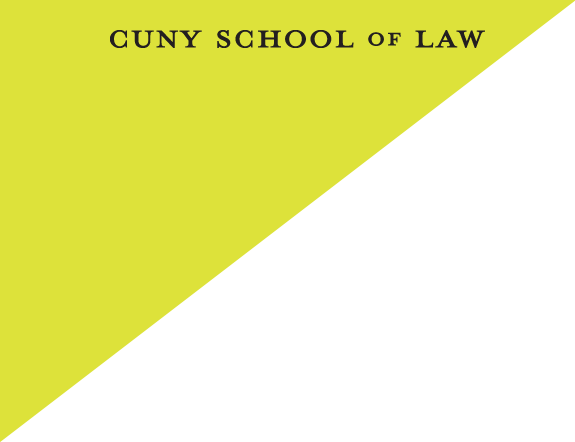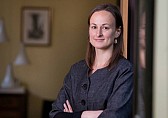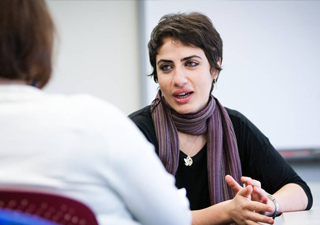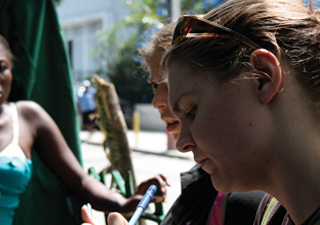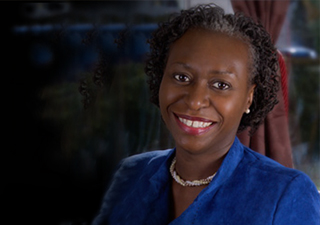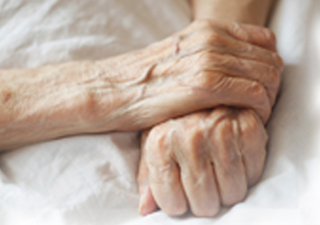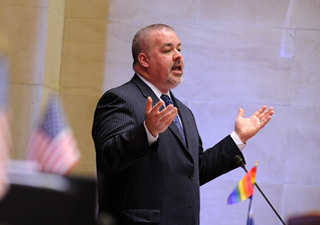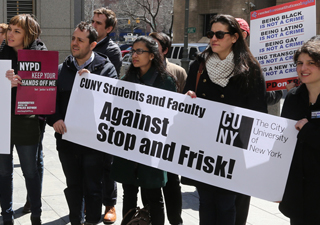John WhitlowAlumnus class of '03, Professor
Growing up in Baltimore in the 1980s, John Whitlow spent a lot of his childhood at the home of a friend whose father had been exiled from Spain by Francisco Franco because of his political activities. “There was a different way of thinking and talking about politics,” Whitlow recalled. “Being exposed to that from an early age made me want to understand how power operates to marginalize and exclude people, and I wanted to do what I could to change that.” After studying comparative international economic development at Johns Hopkins University, he enrolled in the anthropology graduate program at the New School. “I thought I wanted to be an academic, but it was frustrating because the work was not politically impactful,” he said. That’s when he turned to organizing.
“The security guards at the New School didn’t get paid a living wage and didn’t have any benefits, so when one of them became really ill, the other guards had to literally pass around a hat,” Whitlow said. The students and workers began an organizing campaign, and, eventually, Whitlow and his classmates found themselves sitting across the table from the university’s corporate counsel, negotiating the terms of a settlement. “That’s what made me think about law school. I realized that I needed the specific knowledge and tools that only a legal education could provide.”
Not surprisingly, Whitlow chose CUNY Law. “I wanted to combine legal work with organizing work,” he said. Whitlow returned to CUNY Law this past fall as a clinical law professor in the Community & Economic Development (CED) Clinic.
After graduating in 2003, Whitlow worked as a staff attorney at Bedford-Stuyvesant Community Legal Services in Brooklyn, New York, representing low-income tenants in housing court. After a time, he began to notice something. “I saw some of the same clients coming back,” he said. He realized that “we were doing a good job of getting people out of jams, but we were not doing much to alter any structural relationships.” Looking to do more affirmative work, Whitlow joined the Urban Justice Center’s Community Development Project, where he represented tenants associations’ in-group litigation and provided transactional legal assistance to community-based organizations. “I think legal work is best used and most dynamic when it’s connected to a social movement or some kind of community-based organizing,” he said.
He built on his work of combining community organizing and the law as a supervising attorney at Make the Road New York, a membership organization composed of low-income immigrant New Yorkers. At Make the Road, he led the organization’s housing and public benefits legal services, and he helped draft legislation to make it easier to track down corporate landlords. With this law now in place, these landlords are required to register their physical address and the names of their corporate principals with New York City’s Department of Housing Preservation and Development.
“We had noticed a staggering number of slumlords who were virtually impossible to locate because the only information on file was the name of a shell LLC and a P.O. box. The new law was a step toward making it easier for tenants to know who their landlords actually were and to get much-needed repairs in their apartments,” he explained.
The strength of successfully pairing legal and organizing tools was something Whitlow wanted to share. He began teaching in a clinic, co-led by Make the Road and the New York University School of Law, that focused on law, organizing, and social change. Watching students develop and apply their legal tools to real-life problems inspired him to look for more teaching opportunities.
Whitlow said he was eager to return to CUNY and to teach in the clinic because it’s a “great place to do impactful legal work.” He continued, “What’s appealing to me is supporting students and, at the same time, working with clients who are building alternative institutions in their communities. The work the clinic does helps sustain the social justice mission of these organizations.”
